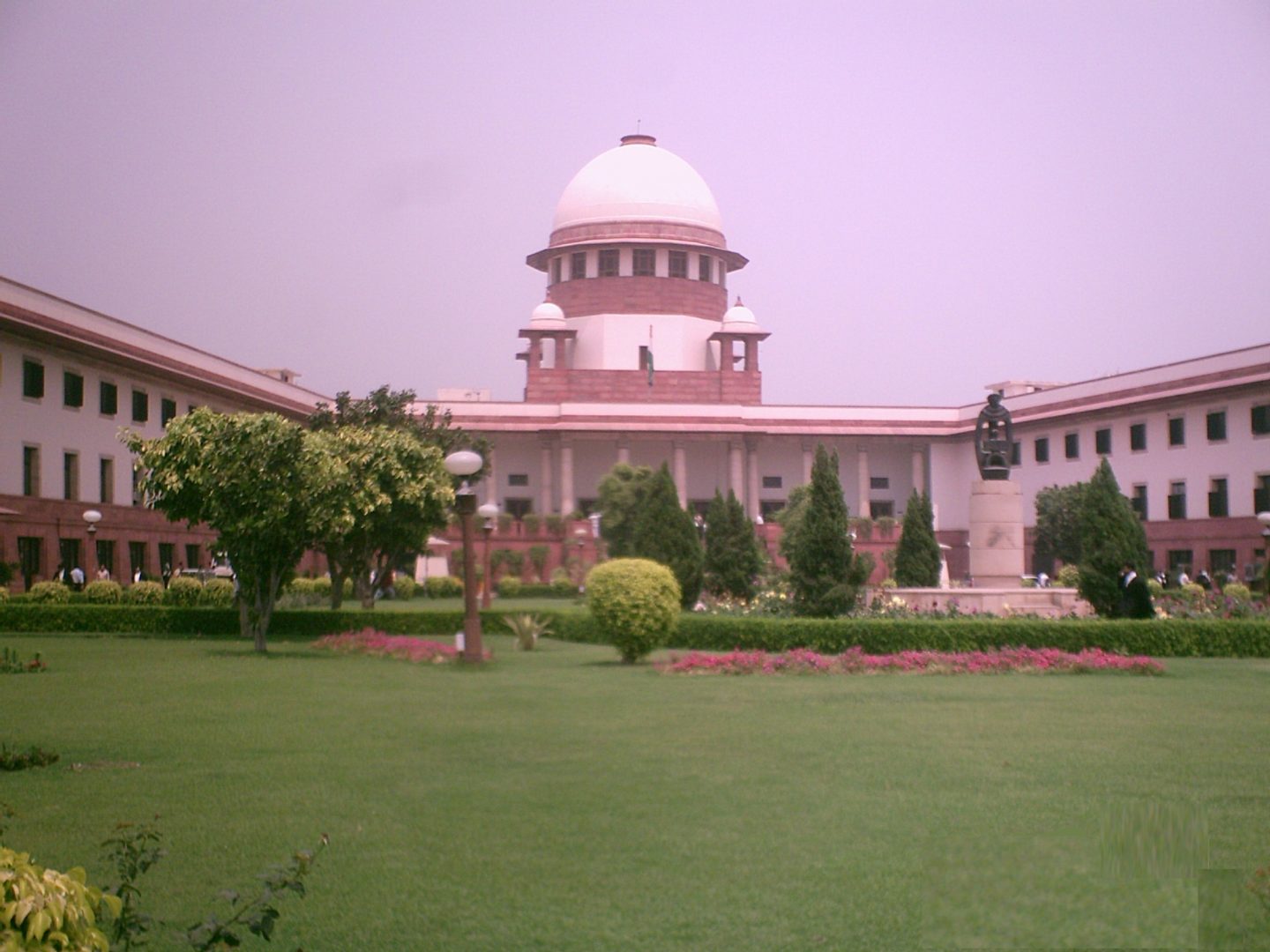For many individuals and groups, the prohibitive costs and complexity of the justice system prevents them from bringing forward their case for human rights and social justice. Furthermore, issues of standing can prevent social activists and advocates from filing a lawsuit on behalf of a group facing injustice. One avenue that we can explore in Canada is the expansion of legal standing and who can file a case. In India, public interest litigation (PIL)/social action litigation has allowed third parties to bring forward cases involving constitutional and human rights issues. Furthermore, a case can be filed even on the basis of a letter sent to the court and barriers to filing such a lawsuit are low.
In Canada, pro bono legal services and not-for-profit legal advocacy organizations have played an important role in advocating for economic and environmental justice. Further easing the process for filing cases on matters of public importance could help address social issues. Journalists and concerned citizens could then have another powerful way of raising their voice on these matters.
Some concerns have also been raised. These include PIL cases being used for reasons motivated not by public interest, but for other improper purposes, which leads to a greater number of cases that the judicial system has to deal with. However, these issues can be overcome and solved by ensuring that only cases with merit and with valid issues of concern are allowed to proceed to the next stage.
Analyzing and learning from India’s experience with PIL and exploring its benefits and challenges can allow us to discover potential opportunities for ensuring greater access to justice in Canada. Such a model could help open the doors of the justice system for individuals and organizations on the front-lines of social justice advocacy. We should be exploring ways that we can implement such innovations in our system. This might begin with a pilot program, where we would assess the effectiveness of the system after a reasonable time period.
Justice RS Sodhi, the former Delhi High Court Judge stated the following: “PILs have been able to pick up the grievances of people as a whole, with the objective of en masse improvement of a system. When individuals could not come to court, the courts became obliged to look into a situation as was prevalent and bring improvement in the system.” He also stated that “there are always two sides to a coin. There will be people who will try and exploit [PILs], whether courts allow themselves to be misused…that is where the wisdom of the courts lie.”
The following is a link to a document that describes the issues that a petition for public interest litigation can address in India: http://bit.ly/2bzfGsk. The following link provides basic information about PIL on pages 199-200: http://bit.ly/2dvRsxz. Justice RS Sodhi quoted in: http://bit.ly/2dQ9dew


Interesting topic Japreet! I like the idea of looking outside of Canada for different solutions. It gives us a chance to see what worked and didn’t work about the implementation of the programs. Expanding who can take a case forward has some interesting possibilities. I can see the possibilities this approach would offer in cases for economically disadvantaged groups.
I like the idea Japreet, but at the same time, part of me is concerned that “opening the gates of the judicial system” so to speak, in such a way as to permit constitutional challenges from outside of Canada could threaten both our sovereignty and the efficiency of our justice system. Although, as Kristin pointed out, it could provide the economically disadvantaged with a means to have their voices heard, it also has the potential to flood the system with challenges to the legislative and constitutional regime that holds this country together. I agree that one’s ability to exercise his or her right to challenge the constitutionality of legislative provisions should not be premised on his or her financial means but, practically speaking, our courts are already overwhelmed as it is and expanding the definition of standing in this way could, despite trying to do the opposite, perpetuate the access to justice problem in this country by making it increasingly difficult to get time in court.